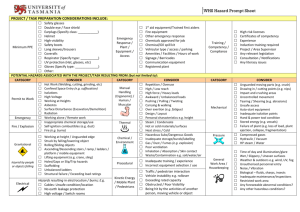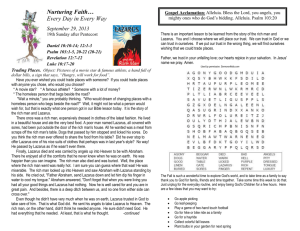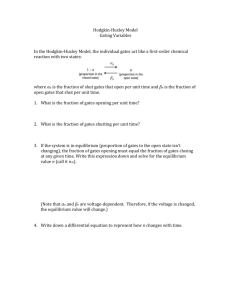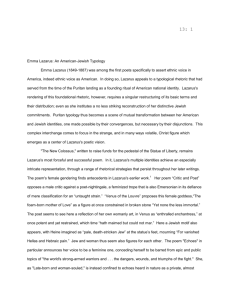The New Colossus - Teaching American History in South Carolina
advertisement
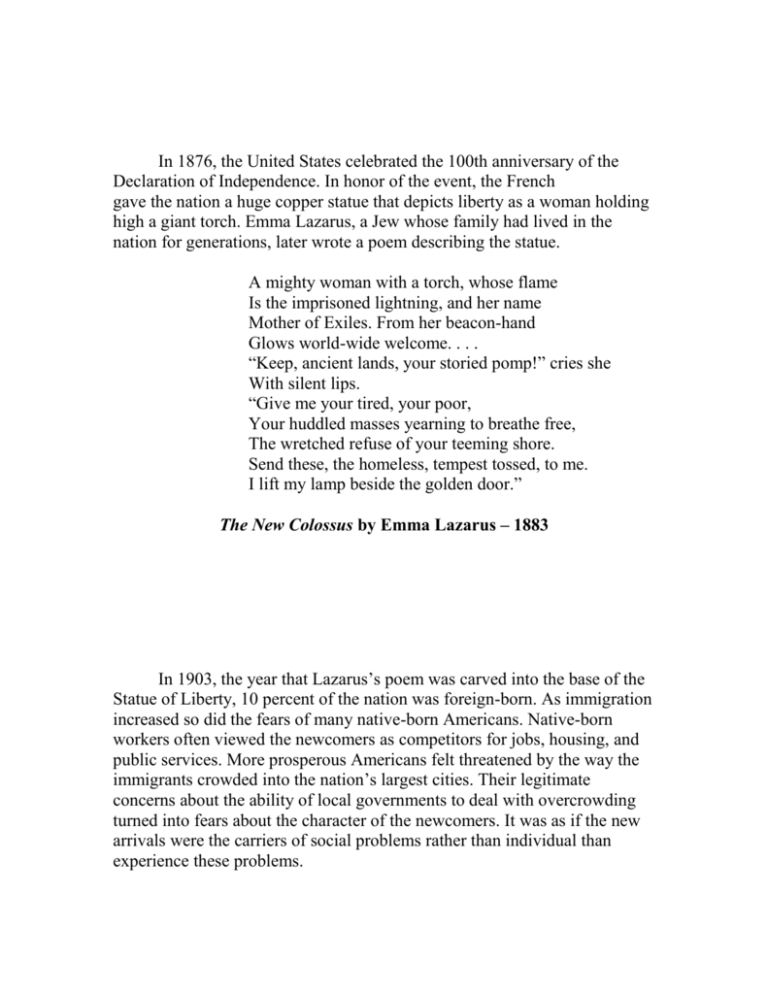
In 1876, the United States celebrated the 100th anniversary of the Declaration of Independence. In honor of the event, the French gave the nation a huge copper statue that depicts liberty as a woman holding high a giant torch. Emma Lazarus, a Jew whose family had lived in the nation for generations, later wrote a poem describing the statue. A mighty woman with a torch, whose flame Is the imprisoned lightning, and her name Mother of Exiles. From her beacon-hand Glows world-wide welcome. . . . “Keep, ancient lands, your storied pomp!” cries she With silent lips. “Give me your tired, your poor, Your huddled masses yearning to breathe free, The wretched refuse of your teeming shore. Send these, the homeless, tempest tossed, to me. I lift my lamp beside the golden door.” The New Colossus by Emma Lazarus – 1883 In 1903, the year that Lazarus’s poem was carved into the base of the Statue of Liberty, 10 percent of the nation was foreign-born. As immigration increased so did the fears of many native-born Americans. Native-born workers often viewed the newcomers as competitors for jobs, housing, and public services. More prosperous Americans felt threatened by the way the immigrants crowded into the nation’s largest cities. Their legitimate concerns about the ability of local governments to deal with overcrowding turned into fears about the character of the newcomers. It was as if the new arrivals were the carriers of social problems rather than individual than experience these problems. Like Emma Lazarus, Thomas Bailey Aldrich, came from a family that had lived in the United States for generations. He modeled his poem after the one she wrote, but the sentiment was very different. “The Unguarded Gates” was published in the Atlantic Monthly, the magazine he edited, in 1892. WIDE open and unguarded stand our gates, Named of the four winds, North, South, East, and West; Portals that lead to an enchanted land Of cities, forests, fields of living gold, Vast prairies, lordly summits touched with snow, Majestic rivers sweeping proudly past The Arab’s date-palm and the Norseman’s pine— A realm wherein are fruits of every zone, Airs of all climes, for, lo! throughout the year The red rose blossoms somewhere—a rich land, A later Eden planted in the wilds, With not an inch of earth within its bound But if a slave’s foot press it sets him free. Here, it is written, Toil shall have its wage, And Honor honor, and the humblest man Stand level with the highest in the law. Of such a land have men in dungeons dreamed, And with the vision brightening in their eyes Gone smiling to the fagot and the sword. Wide open and unguarded stand our gates, And through them presses a wild motley throng— Men from the Volga and the Tartar steppes, Featureless figures of the Hoang-Ho, Malayan, Scythian, Teuton, Kelt, and Slav, Flying the Old World’s poverty and scorn; These bringing with them unknown gods and rites,— Those, tiger passions, here to stretch their claws. In street and alley what strange tongues are loud, Accents of menace alien to our air, Voices that once the Tower of Babel knew! O Liberty, white Goddess! is it well To leave the gates unguarded? On thy breast Fold Sorrow’s children, soothe the hurts of fate, Lift the down-trodden, but with hand of steel Stay those who to thy sacred portals come To waste the gifts of freedom. Have a care Lest from thy brow the clustered stars be torn And trampled in the dust. For so of old The thronging Goth and Vandal trampled Rome, And where the temples of the Cæsars stood The lean wolf unmolested made her lair. The Unguarded Gates by Thomas Bailey Aldrich - 1892
